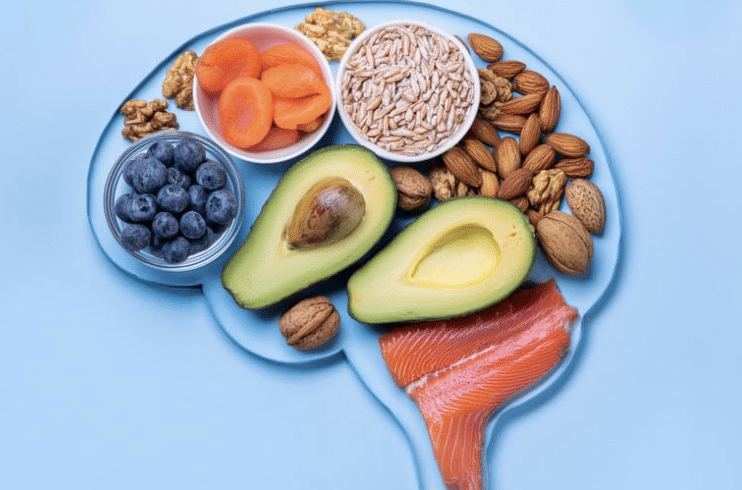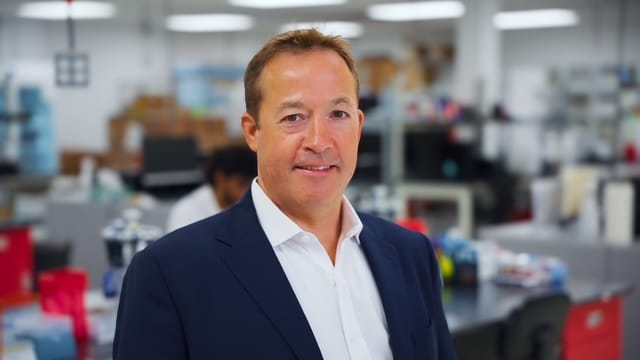What happens when we stop separating mental and physical health—and coach the whole person?
Mental and emotional health are closely linked to physical well-being. Yet, conventional care often isolates these aspects or treats them as secondary. Health coaches fill this gap by supporting clients in exploring how emotions, stress, sleep, relationships, and lifestyle patterns impact their overall health.

Mental Health Is Integral to Whole-Person Wellness
Emotions, sleep, stress, relationships, and daily habits all affect physical health—and vice versa. Health coaches are trained to address these connections, helping clients explore how their lifestyle influences their state of mind.
In Episode 100 of Health Coach Talk, FMCA founder Dr. Sandra Scheinbaum shares, “Everything is connected.” A functional medicine approach recognizes that mood, digestion, chronic pain, and fatigue are often symptoms of deeper imbalances. Coaching helps clients uncover those roots—and feel seen and supported in the process.
Building Mental Resilience with Mind-Body Tools

Health coaches are equipped with mind-body medicine practices that help regulate the nervous system and promote emotional healing. Techniques like breathwork, meditation, visualization, and journaling empower clients to reduce anxiety and feel more grounded.
In our blog post, “Mind-Body Medicine: A Foundation for Healing,” we explore how these tools support long-term change.
In Episode 110 of Health Coach Talk, Dr. Sharon Bergquist emphasizes that emotional health is essential to physical recovery—and that coaches often provide the deep listening and support patients don’t get elsewhere.
Mindset Shifts That Spark Lasting Change

Coaching is a space for personal transformation. By guiding clients through motivational interviewing and active listening, health coaches help them shift from self-doubt to self-trust. They ask powerful questions that help clients reframe limiting beliefs and move forward with clarity.
Dr. Jade Teta shares how his own transformation was rooted in mindset. Coaches are key allies in this process, helping clients identify what truly matters and take consistent action toward it.
The Gut-Brain Connection: Using Food to Support Mood
Food affects more than physical energy—it influences mood, cognition, and emotional regulation. In our article “Food Is Medicine,” we explore how nutrition impacts mental clarity and emotional balance.

In Episode 79 of Health Coach Talk, Dr. Vincent Pedre discusses how inflammation and gut microbiome imbalances can drive symptoms of anxiety and depression. Health coaches help translate this science into realistic changes—empowering clients to eat in ways that support both brain and body.
Rethinking Relationships: Alcohol, Illness, and Identity
Improving mental health often means re-evaluating relationships—not just with people, but with alcohol, food, and even one’s own identity.
In Episode 97 of Health Coach Talk, Dr. Sherry Price shares how coaching helps women explore their relationship with alcohol in a way that fosters self-awareness—not guilt. Health coaches create a safe, nonjudgmental space where clients can align their behaviors with their values and build deeper self-trust.
Similarly, in Episode 94 of Health Coach Talk, Heather Gray shares her journey of transformation while living with Lyme disease and autoimmune disease—demonstrating how coaching can help clients reclaim their agency, identity, and hope.
When Mental Health Challenges Run Deep: Coaches as Team Players
While coaches don’t diagnose or treat mental illness, they are powerful partners in integrative care—especially when mental health concerns are complex.
In Episode 102 of Health Coach Talk, psychiatrist Dr. Achina Stein and FMCA graduate Silvia Covelli share how they collaborate to support clients struggling with depression, trauma, and neuroinflammation. The result? More comprehensive care that blends clinical expertise with compassionate coaching.
Healing the Whole Person, Not Just the Symptoms
The future of health care lies in addressing root causes with empathy and personalization. In Episode 69 of Health Coach Talk, Dr. Ravi Hariprasad speaks to this evolution—where mind, body, and spirit are all seen as vital to healing.
Health coaches are leading this shift. By helping clients connect the dots between lifestyle and emotional well-being, they foster lasting change rooted in self-awareness and self-compassion.
Health Coaching Is Essential to Mental Wellness

Health coaches aren’t therapists, but they’re skilled at guiding behavior change, supporting mindset shifts, and helping clients cultivate emotional resilience. Whether it’s improving gut health, reducing stress, or reimagining identity, coaches provide the tools and encouragement people need to create healthier, more balanced lives.
As the science of the mind-body connection continues to evolve, so too does the vital role of the health coach in mental health.
Join the Movement for Better Mental Health
At FMCA, we’re training the next generation of health coaches to lead the way in transforming how we support mental and emotional well-being.
If you’re ready to make a meaningful impact—one client, one conversation, one transformation at a time—explore FMCA’s Health Coach Certification Program today.
Be part of the change. The future of mental health needs you.

Our Latest Blogs
-

Food Sensitivity Testing 101: Supporting Clients with Inflammation and Gut Issues
Read Full Article: Food Sensitivity Testing 101: Supporting Clients with Inflammation and Gut Issues -

Protein 101: The Health Coach’s Guide
Read Full Article: Protein 101: The Health Coach’s Guide -

Women’s Health and the Vaginal Microbiome: A Probiotic Breakthrough
Read Full Article: Women’s Health and the Vaginal Microbiome: A Probiotic Breakthrough

